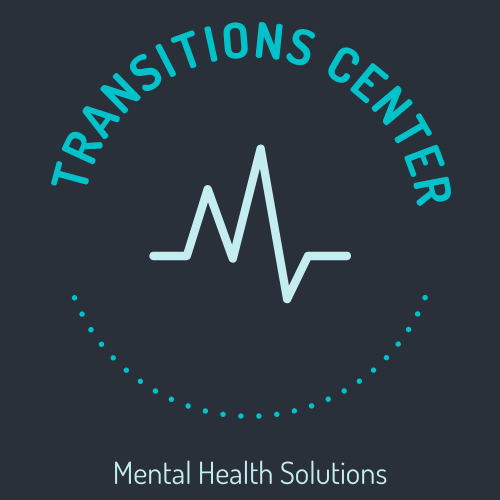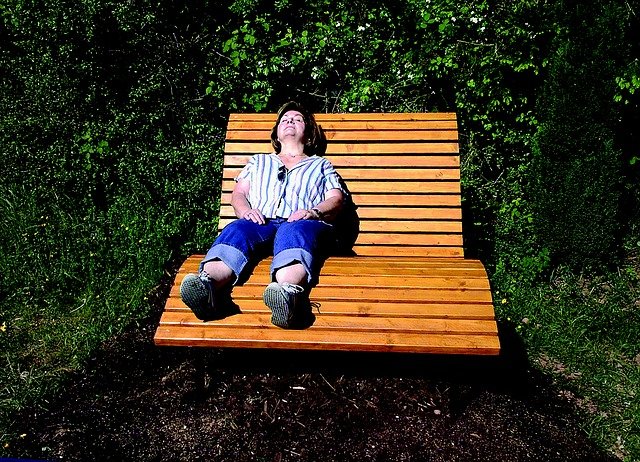Anxiety is characterized by muscle tension and avoidance activity in expectation of a potential worry. In order to be diagnosed with an anxiety disorder, a person’s fear or anxiety must be out of proportion to the actual danger, or age inappropriate, and impairing their ability to function normally.
The majority of people have encountered anxiety at some stage in their lives. Anxiety is a normal part of life, whether it’s being late for an important meeting, getting ready for a date, or giving a speech for the first time. It’s a perfectly natural response to a difficult situation. For people who suffer from anxiety, this is both a positive and a negative reality. It’s advantageous that most people have a knowledge of how anxiety feels and will be more sensitive to someone who suffers from it on a regular basis. It’s important to understand the difference between feelings of anxiety and the Anxiety (condition).
Anxiety disorders are true, severe medical problems, much like heart disease or diabetes. In the United States, anxiety disorders are the most prevalent and widespread mental illnesses. Anxiety disorders are distinct from one another. They’re a set of mental disorders that cause unrelenting anxiety and paranoia. Excessive anxiety can cause you to avoid work, school, family gatherings, and other social circumstances that could exacerbate or trigger your symptoms. Many people with anxiety disorders will learn to control their emotions with the right medication.
Anxiety disorders are classified as follows:
- Separation Anxiety. When a loved one leaves, children aren’t the only ones who are frightened or nervous. Separation anxiety disorder affects people of all ages. If you do, you’ll be very nervous or afraid if someone you care for leaves your sight. You’ll be worried that something terrible will happen to your loved one at any moment.
- Selective mutism. This is a type of social anxiety in which young children who converse normally with their families do not converse in public, such as at school.
- Anxiety disorder caused by medication. Any signs of anxiety disorder may be triggered by the use of certain narcotics or illicit substances, as well as the withdrawal from certain drugs.
- Generalized Anxiety Disorder. You’re worried and tense for no apparent reason.
- Panic disorder. You experience a panic attack as a result of a sudden, intense fear. You can sweat profusely, experience chest pain, and have a racing heartbeat during a panic attack (palpitations). You may feel as though you’re choking or having a heart attack from time to time.
- Social Anxiety Disorder. When you experience overwhelming worry and self-consciousness about ordinary social interactions, this is referred to as social phobia. You’re constantly worried about being judged, humiliated, or mocked by others.
- Specific Phobias. You have a strong aversion to a particular object or circumstance, such as heights or flight. Fear can cause you to avoid normal situations if it goes beyond what is acceptable.
- Agoraphobia. You have a strong aversion to being in a situation where getting assistance or escaping is difficult. When flying, taking public transportation, or standing in line with a crowd, for example, you can panic or feel nervous.
Living with an anxiety disorder can be difficult and stressful. You can become exhausted and afraid as a result of your excessive anxiety and fear. If you’ve discussed your symptoms with a doctor, you’ve already taken the first step toward letting go of your anxiety.
Finding the right form of treatment for you will take some time. If you have multiple anxiety disorders, you can need multiple types of care. Many people with anxiety disorders benefit from a combination of medication and therapy. You can learn how to control the symptoms and succeed with the right care and treatment.
About the Authors
Transitions Center for Natural Mental Health Treatments for a variety of physical and mental dependency issues and conditions. Substance use disorders are difficult to understand for many people. The physical and mental aspects of any substance disorder are complicated and unique to the individual suffering. The differences between physical and psychological dependency vary but have some similarities. Transitions Center for Natural Mental Health Treatments help the public know what to look for as a means of helping a loved one cope with the challenges of mental health disorders.
Happily brought to you with the assistance of Mary Jane’s CBD Dispensary, the newest cbd nutrition online. If you’re looking for a hemp product to help with your health or mental condition, Mary Jane’s CBD Dispensary is the perfect place. They offer customers an alternative to pharmaceutical drugs and want you to feel better without having to take harmful meds. Their team members are extremely passionate about what they do at MJD and hope that by creating this blog post, they can share our passion with others too. Get in touch if you would like more information on any of their products!

